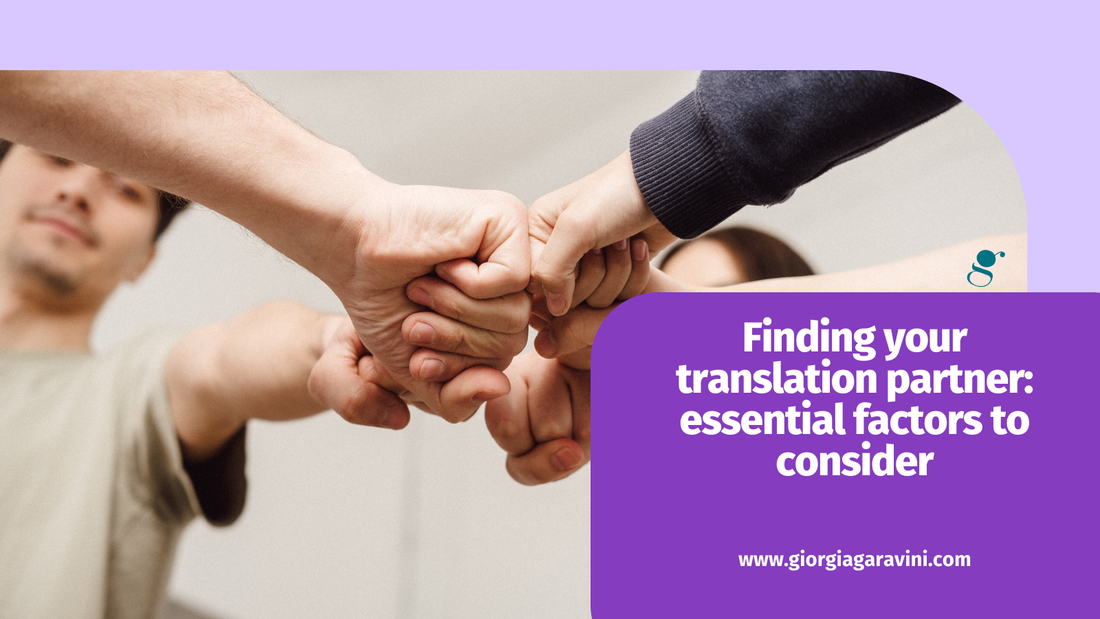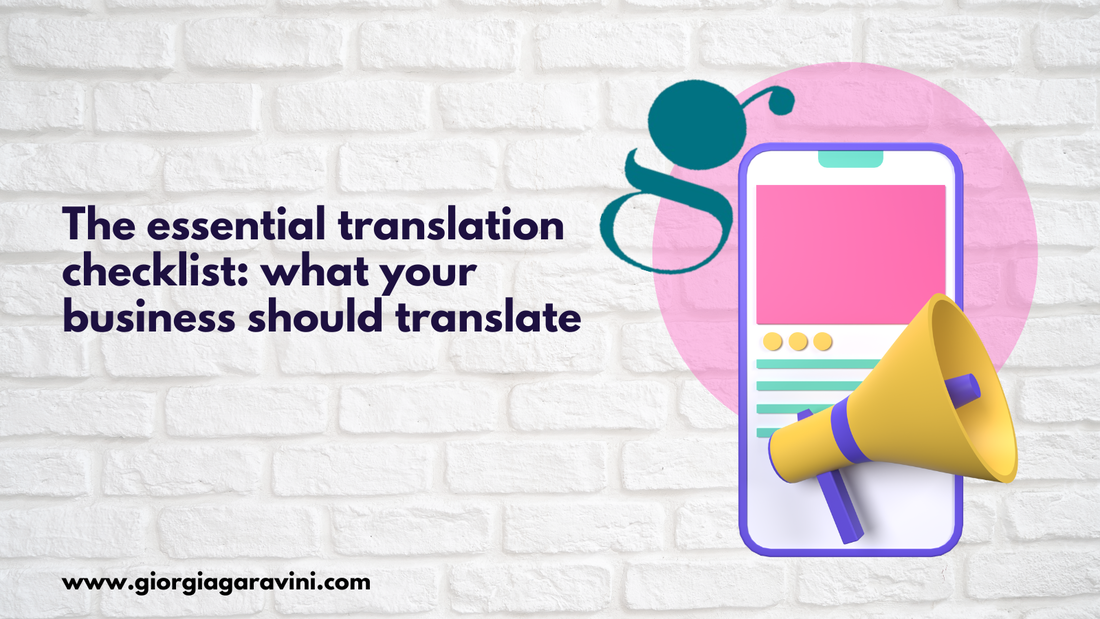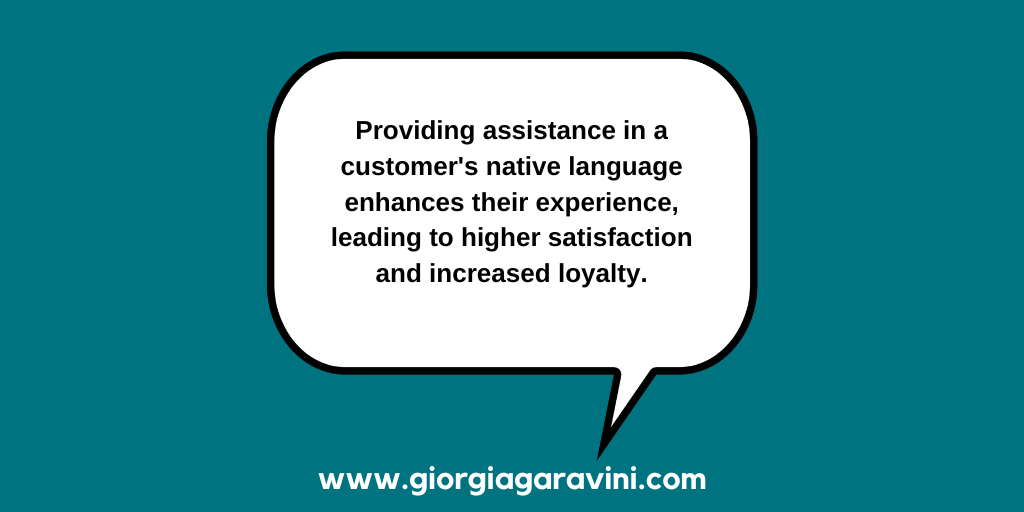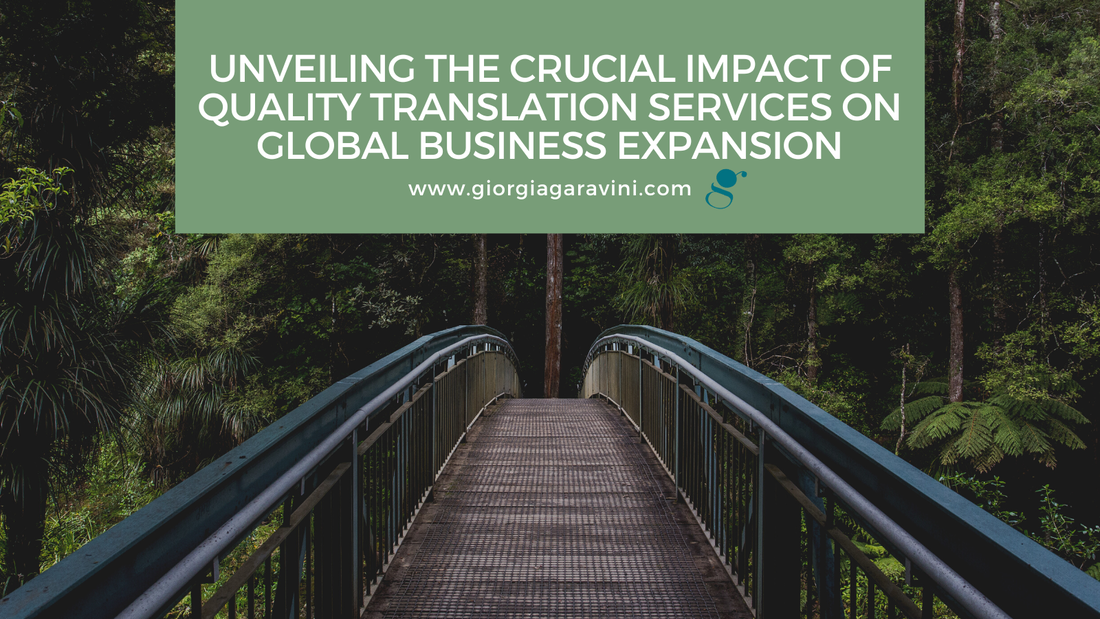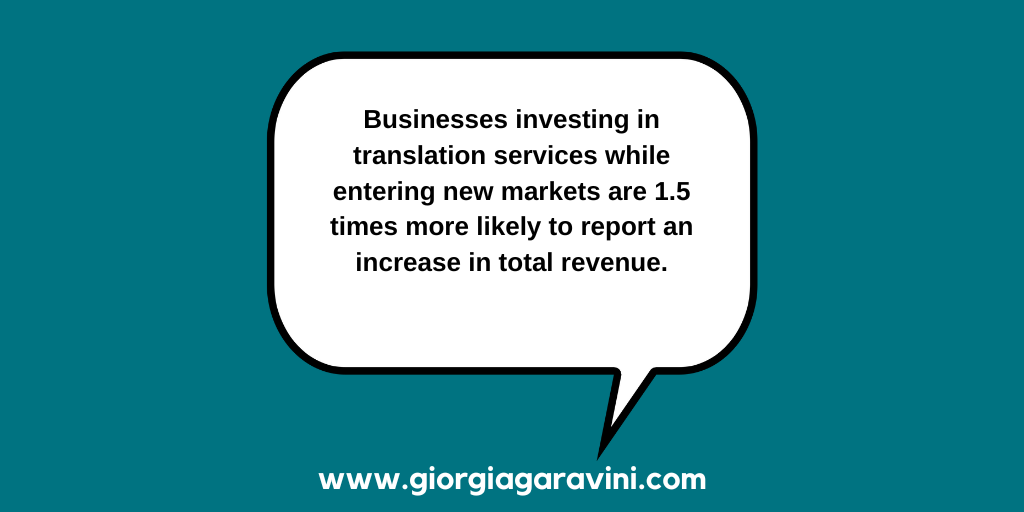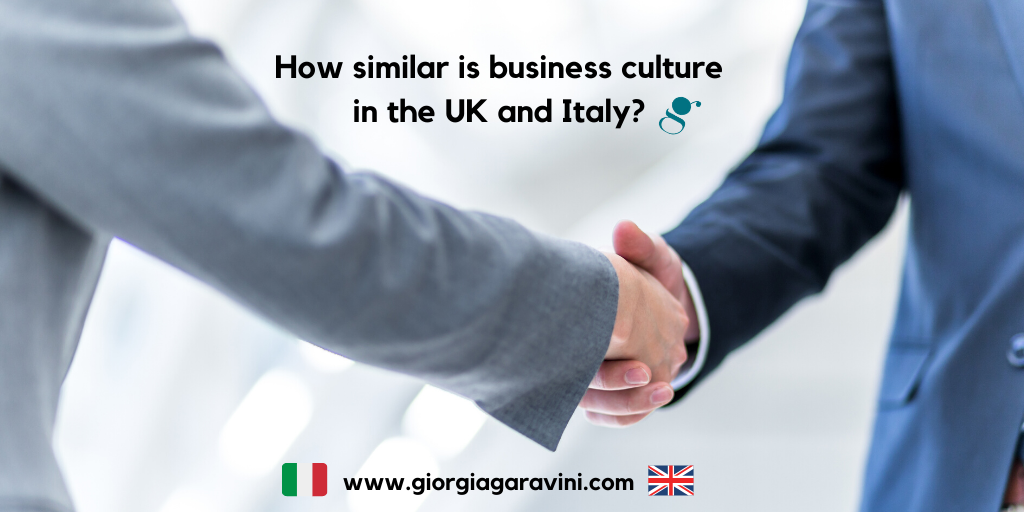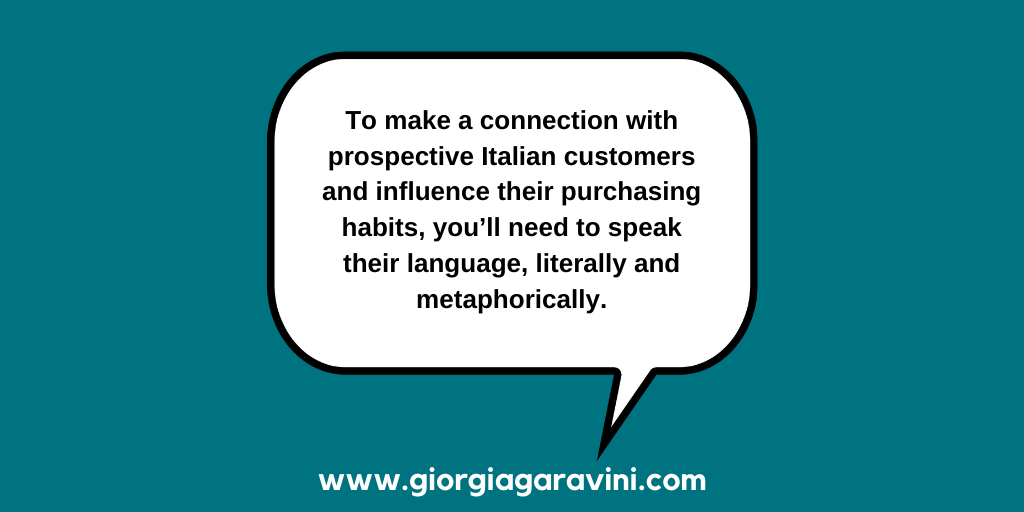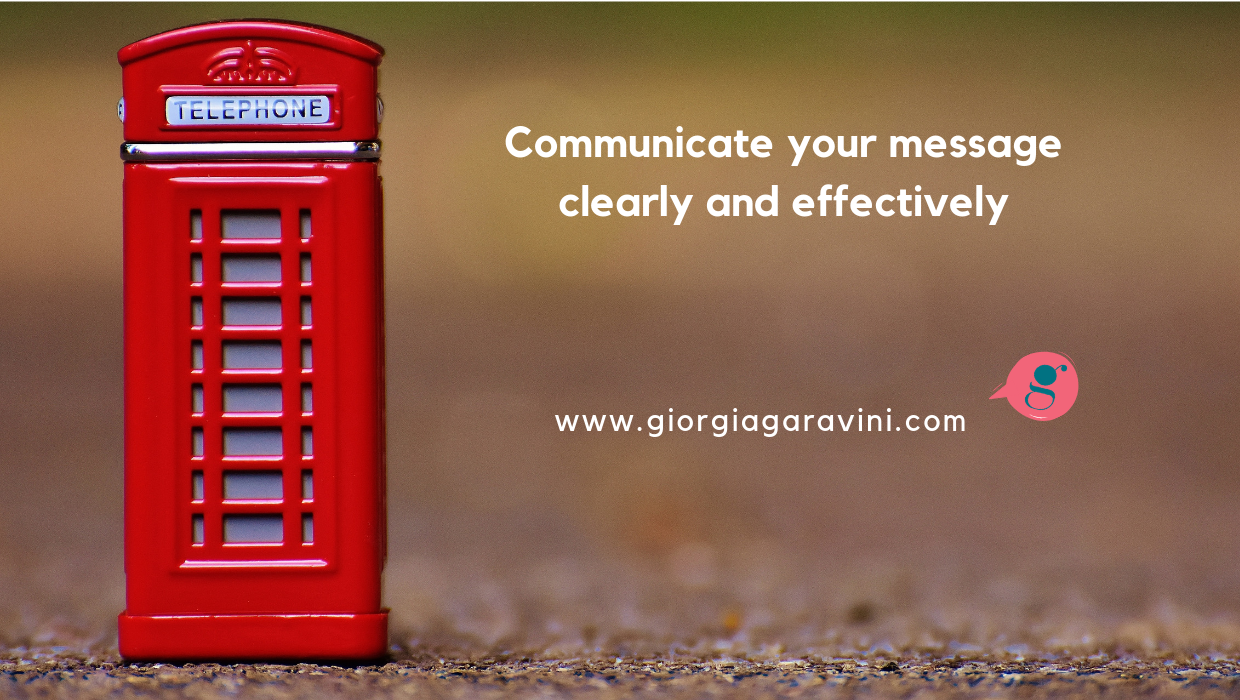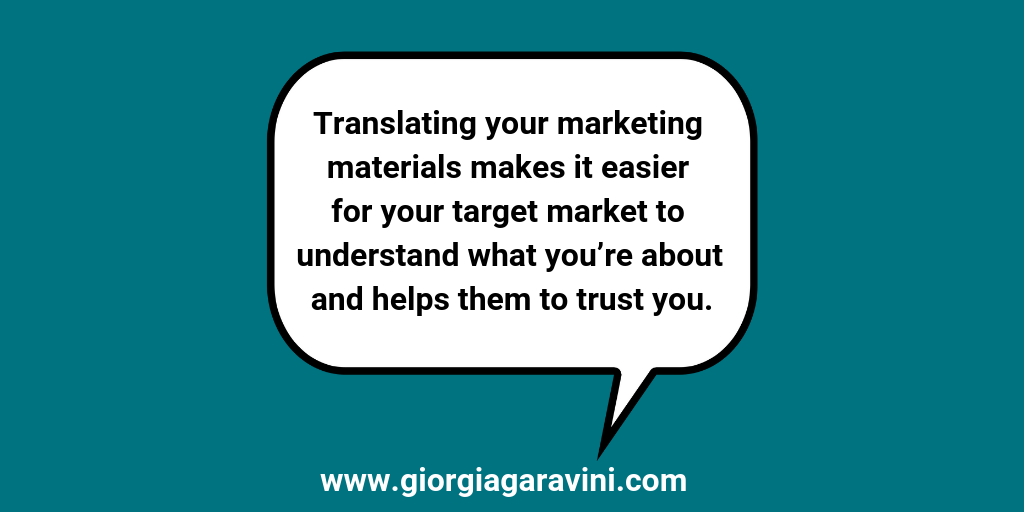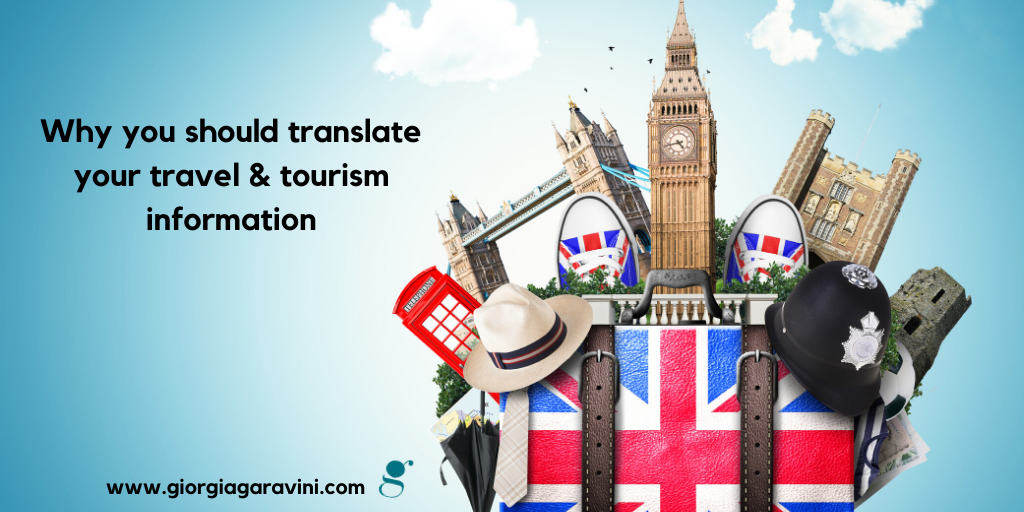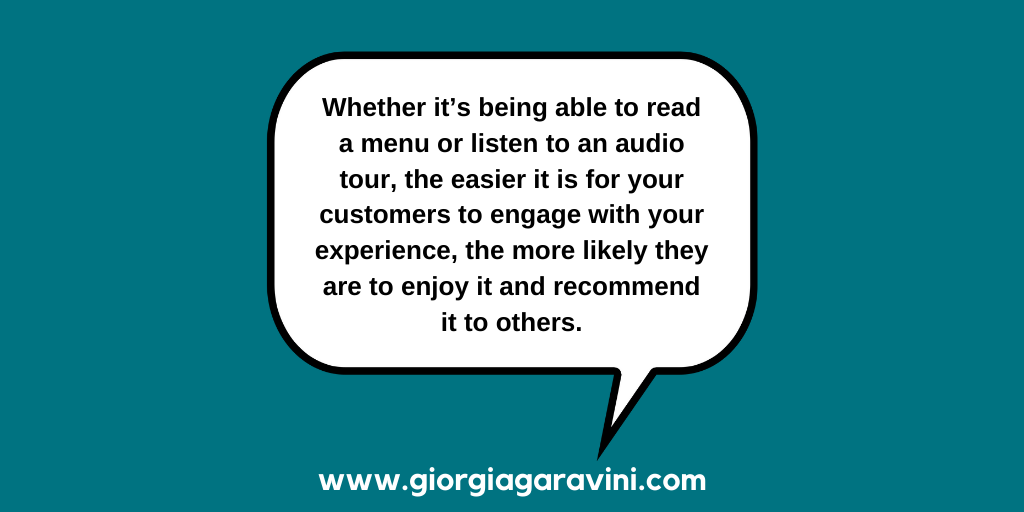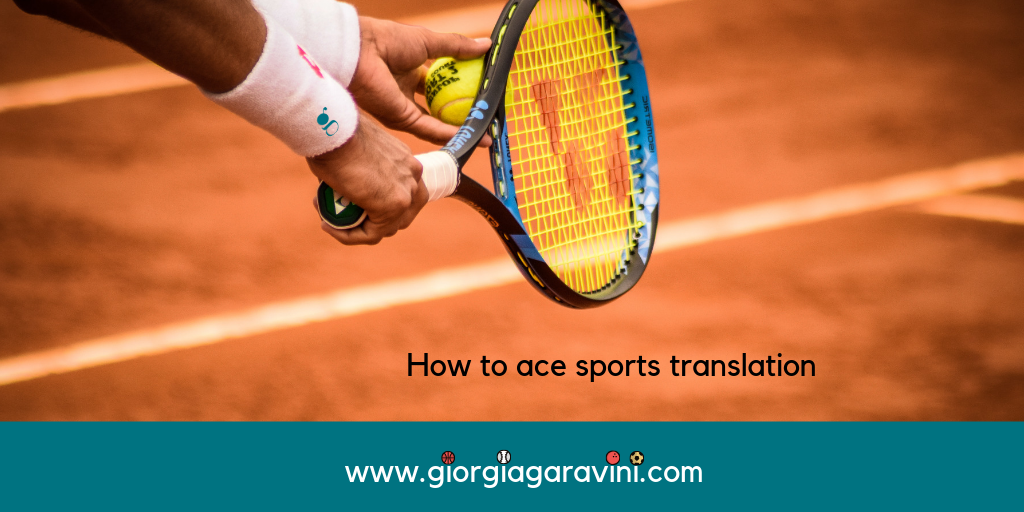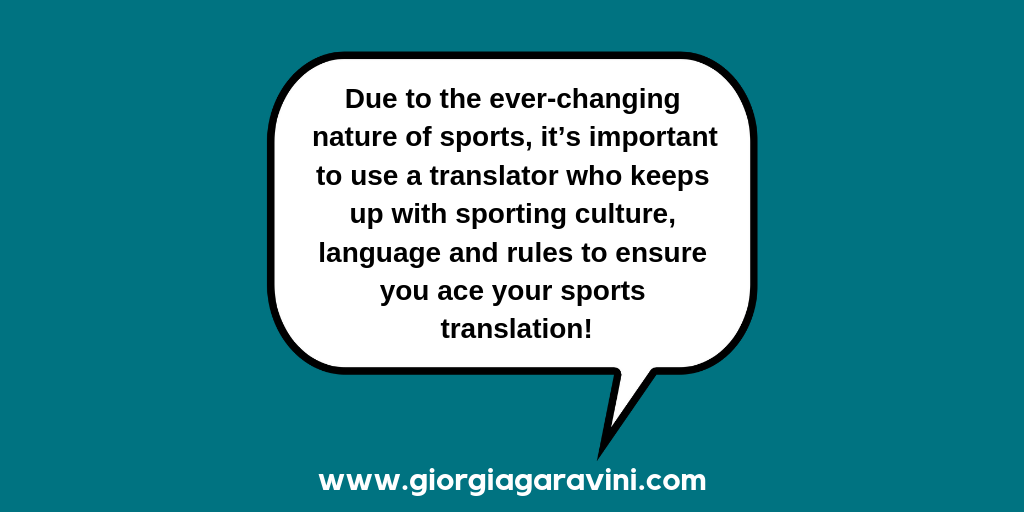Whether you're a business expanding into new markets, an academic institution reaching international students, or an individual seeking to obtain Italian citizenship, choosing the right translation partner can significantly impact the success of your endeavours.
However, navigating through the myriad of options can be daunting.
Let me help you identify the essential factors to consider when selecting the ideal translation partner for your needs.
However, navigating through the myriad of options can be daunting.
Let me help you identify the essential factors to consider when selecting the ideal translation partner for your needs.
What criteria should you take into account when choosing a translation partner?
Qualifications and credentials
Look for translators with relevant educational backgrounds, certifications, or memberships in professional translation associations. These qualifications often reflect a commitment to the field and adherence to industry standards, ensuring a higher level of expertise and professionalism.
Translation expertise and specialisation
One of the primary considerations when choosing a translation partner is their expertise and specialisation. Not all translation professionals possess the same skill sets or domain knowledge. Some might excel in legal or medical translations, while others specialise in marketing or technical content. Assess your specific requirements and seek a translation partner with demonstrated expertise in your field. A linguist with a deep understanding of the nuances in your industry's terminology ensures accuracy and maintains the integrity of your message.
Language proficiency and cultural understanding
Fluency in the target language is a fundamental criterion for any translation service. However, mere linguistic proficiency is not sufficient. A proficient translator should also possess a profound understanding of the culture, customs, and nuances inherent in the languages they work with. Culture shapes language, and a translation partner who understands these subtleties can effectively convey your message without causing misunderstandings or offense within the target audience.
Quality assurance and accuracy
Accurate translation is non-negotiable. Look for a partner that prioritises quality assurance through multiple layers of review and proofreading. Professional translators often have rigorous quality control processes in place, including the involvement of third parties for verification. Additionally, certifications like ISO standards or membership of translation associations can attest to the quality management systems implemented by the translation service provider.
Client references and track record
Reputation speaks volumes about a translation partner's reliability and competence. Request client references or case studies to gauge their track record. Positive testimonials and a proven history of delivering quality translations within agreed timelines are indicative of a reliable service provider. Additionally, online reviews and ratings can offer insights into the experiences of other clients, aiding in your decision-making process.
Communication and project management
Effective communication is important in successful translations. A reliable translation partner should exhibit clear communication channels, responsive interactions, and transparency regarding project timelines, costs, and revisions. A robust project management system ensures smooth coordination, timely deliveries, and the ability to accommodate any last-minute changes or urgent requests.
Cost and value
While cost is a significant factor, it should not be the sole factor in choosing a translation partner. Assess the value offered in relation to the cost. A higher price might signify superior quality and comprehensive services, while a lower cost could sometimes compromise on accuracy or additional services. Strike a balance between affordability and the quality of service provided.
In conclusion, choosing the right translation partner involves a comprehensive assessment of various factors beyond mere language proficiency. By considering expertise, cultural understanding, quality assurance, technological capabilities, reputation, communication, and value for cost, you can make an informed decision that aligns with your specific translation needs.
In conclusion, choosing the right translation partner involves a comprehensive assessment of various factors beyond mere language proficiency. By considering expertise, cultural understanding, quality assurance, technological capabilities, reputation, communication, and value for cost, you can make an informed decision that aligns with your specific translation needs.
Are you looking for an Italian translation partner?
Let me help you.
I offer a range of translation services from English and French to Italian, to help you stand out in the Italian market.
Reach out to me today to discuss your needs or to request a free quote.
Interested in learning more about the importance of quality translation services for your business? Read my specialised blog post for detailed insights.
I offer a range of translation services from English and French to Italian, to help you stand out in the Italian market.
Reach out to me today to discuss your needs or to request a free quote.
Interested in learning more about the importance of quality translation services for your business? Read my specialised blog post for detailed insights.
